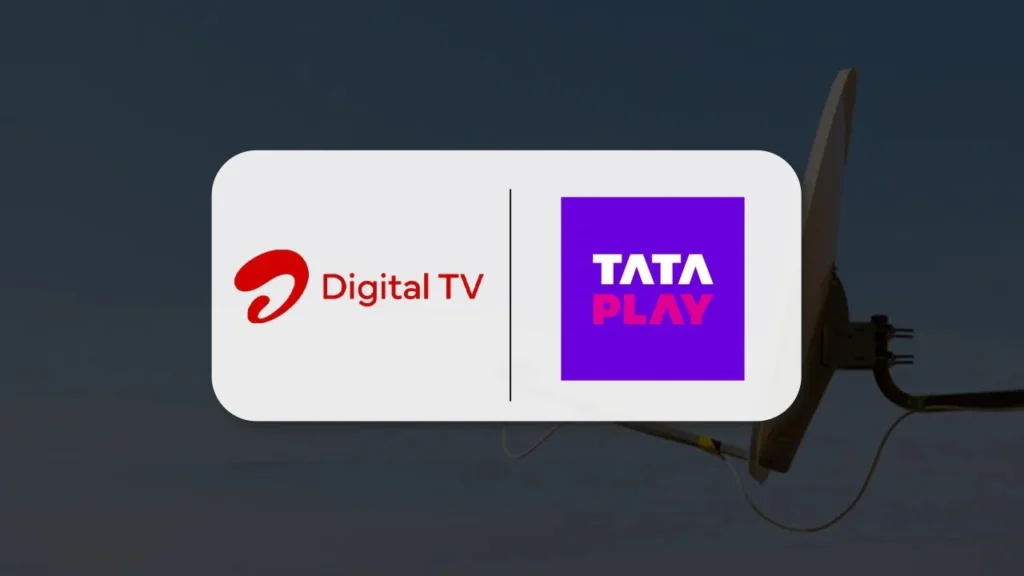India’s M&A Deal Activity Hits 3-Year High at $27.5 Billion in Q1 2025
Domestic transactions and private equity drive surge despite IPO slowdown India’s mergers and acquisitions (M&A) landscape saw a robust revival in Q1 2025, with deal activity soaring to a three-year high of $27.5 billion, a 29.6% year-over-year jump, according to LSEG Deals Intelligence. This marks the most active quarter since Q1 2023 in both deal value and volume, which rose by 13.6%. The spike was largely driven by domestic M&A, which saw a massive 145.4% increase, totaling $21.6 billion—the highest first-quarter total since 2018. Meanwhile, private equity-backed acquisitions surged by 227.6% to reach $5.3 billion, highlighting the growing confidence in India’s private sector. However, the positive momentum in M&A contrasts sharply with India’s equity capital markets (ECM), which stumbled after a record-setting 2024. Equity proceeds fell 59% year-over-year to $6.5 billion. IPOs contributed $2.3 billion—a 7% dip—while follow-on offerings slumped by 69%, raising just $4.2 billion. Block trades saw the sharpest fall, down 85%, amid increased market volatility and geopolitical uncertainty. Despite the slowdown, India maintained its presence on the global IPO stage, contributing 8.8% of total global IPO proceeds, behind only the U.S. (33.5%) and Japan (12.4%). Inbound M&A faced a downturn, dropping 67.8% to $3.7 billion—a nine-year low—while outbound M&A more than tripled to $2.1 billion, showcasing India’s growing appetite for international expansion. Top sectors for M&A included: Energy & Power: $7.3 billion, a 15-fold increase (26.7% market share) Financials: $5.2 billion, up 36% (18.8% market share) Media & Entertainment: $4.5 billion, up 15.5% (16.4% market share) In investment banking, total fees slipped 8% to $253.3 million. However, M&A advisory fees bucked the trend, soaring 142% to $101.5 million, with Jefferies leading the charge, earning $48.9 million (19.3% share). Bond market activity also saw an uptick, with offerings totaling $28.8 billion, up 13.8%, the strongest first quarter since 2019. HDFC Bank topped the bond underwriter list with $3.4 billion in proceeds. India’s Q1 2025 deal landscape reflects a dynamic shift—M&A and bond markets are heating up, while equity markets face temporary headwinds. With domestic confidence surging and private equity interest at record highs, India’s financial engines are gearing for a new cycle of growth and consolidation. Source: Hindustan
India’s M&A Deal Activity Hits 3-Year High at $27.5 Billion in Q1 2025 Read More »










